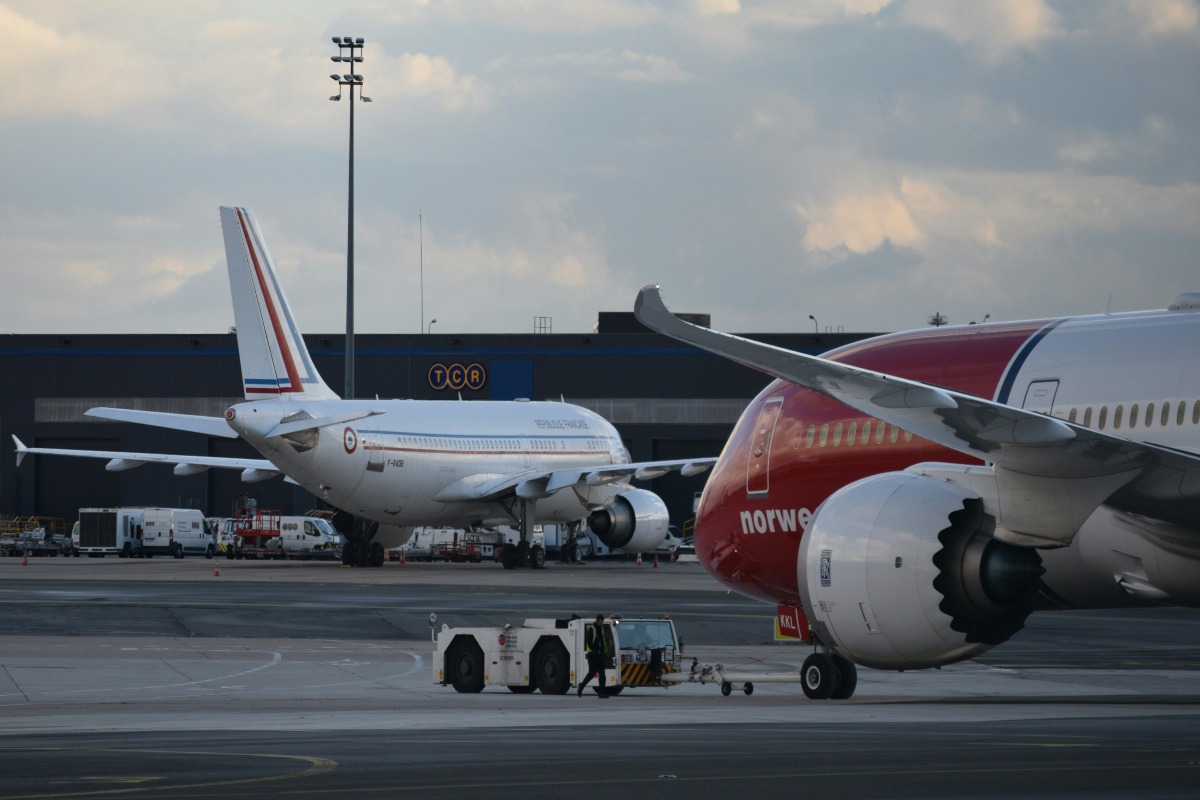The aviation sector is reeling from the news that French air traffic controllers have negotiated a landmark agreement granting them the right to arrive to work up to three hours late. This concession, part of a broader deal to avoid a strike ahead of the Paris Olympics, represents a significant shift in workplace dynamics. However, it might have far-reaching implications for airlines and passengers alike.
The heart of the matter lies in the controllers’ longstanding grievances over working conditions, hours, and compensation. However, as reported by UK digital media brand Express, the French air traffic controller’s salary has traditionally been generous, reaching up to $116,344 per year. Despite this, they have often worked less than the 32 hours per week required. Plus, some workers reportedly take unscheduled holidays or engage in leisure activities during supposed work hours.
Will French Air Traffic Controllers Strike?
The French government, led by President Emmanuel Macron, had sought to address these issues as part of a series of reforms to improve efficiency and reduce costs within the air traffic control sector. However, the National Union of Air Traffic Controllers’ threat of a strike, particularly with the Paris Olympics on the horizon, forced a retreat. The government’s capitulation has endorsed the controllers’ right to a flexible arrival time. It has also promised them a pay rise of up to $19,396, 18 extra days off per year, and the option of early retirement at 59.
On one hand, it’s a triumph for labor rights, demonstrating the power of collective bargaining. On the other, it raises valid concerns. There are worries about potential effects on flight punctuality, operational costs, and overall efficiency in the aviation sector. Critics argue that these concessions could worsen existing delays and inflate operational costs. In the end, these costs could transfer to airlines and, ultimately, passengers.
From an operational standpoint, the agreement seemingly codifies an already informal practice among some controllers. These individuals check in with colleagues about the day’s traffic and decide whether to delay their arrival based on workload. While potentially beneficial for employee morale, this flexibility introduces unpredictability into a system where precision and reliability are paramount.
The financial consequences of this agreement are significant. The concessions will impose a burden of over $75 million on airlines in the next four years. This could lead to an increase in ticket prices as airlines strive to balance these additional expenses. Furthermore, the agreement sets a precedent that could embolden other sectors to demand similar concessions, potentially triggering broader labor market implications.





